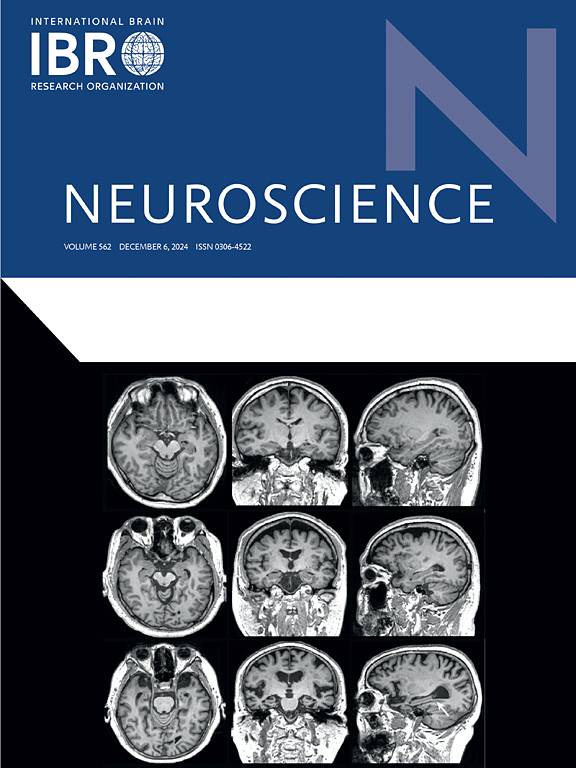黑人脑外伤患者生活满意度的10年纵向轨迹模型:一个模型系统研究
IF 2.8
3区 医学
Q2 NEUROSCIENCES
引用次数: 0
摘要
本研究考察了:(a)一组黑人创伤性脑损伤(TBI)后10年内生活满意度的纵向轨迹,以及(b)这些轨迹的人口统计学和损伤相关预测因子。从TBI模型系统(tims)国家数据库中纳入了2114名黑人个体,他们在一个或多个随访时间点(TBI后1、2、5和/或10年)完成了生活满意度量表(SWLS)。生活满意度随着时间的推移而增加,拥有私人医疗保险和经历过非暴力伤害的黑人的生活满意度轨迹更高。保险类型和伤害原因是黑人TBI患者生活满意度轨迹的重要预测因子。研究结果强调了了解黑人个体风险因素的重要性,并在个人和系统层面制定量身定制的干预措施,以促进有效的康复和减少该群体的健康差距。本文章由计算机程序翻译,如有差异,请以英文原文为准。
Longitudinal 10-Year Trajectory Models of Life Satisfaction in Black Individuals with TBI: A Model Systems Study
This study examined: (a) longitudinal trajectories of life satisfaction over the 10 years after traumatic brain injury (TBI) in a group of Black individuals, and (b) demographic and injury-related predictors of those trajectories. A sample of 2,114 Black individuals from the TBI Model Systems (TBIMS) National Database was included who had completed the Satisfaction with Life Scale (SWLS) at one or more follow-up time points (1, 2, 5, and/or 10 years after TBI). Life satisfaction increased over time, with higher life satisfaction trajectories for Black individuals who had private health insurance and had experienced a nonviolent cause of injury. Insurance type and cause of injury are important predictors of life satisfaction trajectories for Black individuals with TBI. The results highlight the importance of understanding risk factors for Black individuals and developing tailored interventions on both individual and systems levels to promote effective rehabilitation and reduce health disparities in this group.
求助全文
通过发布文献求助,成功后即可免费获取论文全文。
去求助
来源期刊

Neuroscience
医学-神经科学
CiteScore
6.20
自引率
0.00%
发文量
394
审稿时长
52 days
期刊介绍:
Neuroscience publishes papers describing the results of original research on any aspect of the scientific study of the nervous system. Any paper, however short, will be considered for publication provided that it reports significant, new and carefully confirmed findings with full experimental details.
 求助内容:
求助内容: 应助结果提醒方式:
应助结果提醒方式:


